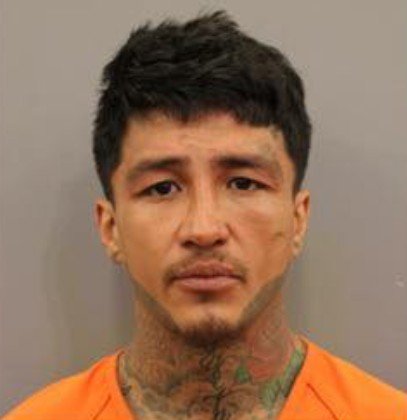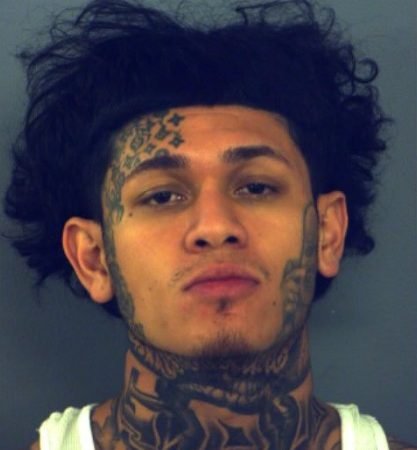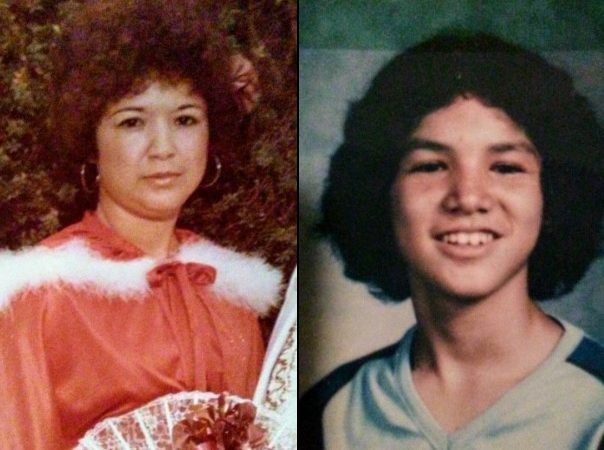Op-Ed: Texas courts changed how election laws are enforced. Lawmakers need to act
Believe it or not, enforcing election laws just got harder in the Lone Star State. It’s been nearly three years since the landmark Stephens decision eviscerated the Attorney General’s ability to prosecute election crimes. Now, the Texas Court of Criminal Appeals, the highest criminal court in Texas, has ruled prosecutors are forbidden from enforcing campaign finance laws unless they receive the blessing of unelected bureaucrats on the Texas Ethics Commission.
In Ex Parte Charette, the court ruled 6-3 that the Texas Ethics Commission (TEC) must be the first and only body to handle complaints regarding campaign finance and political advertising violations, unless the Commission votes to refer complaints to the local prosecutor. The case stems from allegations that a judicial candidate violated campaign finance laws. She challenged multiple charges brought by the local district attorney. Ultimately, the case made its way to the Court of Criminal Appeals, which found that prosecution was barred because there had never been an initial referral to the TEC and the TEC had not recommended prosecution.
Texas law makes no specific mention of the TEC having exclusive authority in these cases, but the Court decided it did. Now, in Texas, campaign finance violations can only be prosecuted if 6 of the 8 commission members agree to refer the case to a prosecutor.
Because of this decision, prosecutors have been supplanted by an unelected board without any expertise in prosecuting criminal cases. The TEC is a bureaucratic agency made up of commissioners who are not prosecutors and are not even required to be lawyers. The commission has no law enforcement agency to investigate complaints, operates under its unique procedure, and uses a different burden of proof. Yet their approval is necessary for any prosecution to take place.
This decision, combined with the Stephens ruling, presents serious policy considerations the Legislature needs to wrestle with come January. Laws are only as good as their enforcement mechanisms. Since Stephens, for most election crimes, the Attorney General’s office has been sidelined. Stephens shifted prosecutorial authority away from a statewide entity – equipped with law enforcement and attorneys that specialize in these complex cases – to local prosecutors. While local prosecutors can handle these cases, they typically choose not to. There are understandable reasons why: limited resources, prioritizing violent crimes, and backlogged dockets, to name a few. But Texas is also no stranger to activist “rogue” prosecutors that might avoid these cases purely for political reasons. A statewide agency with prosecutorial authority over these types of cases makes sense.
Despite decades of precedent, Stephens shifted the authority over election law crimes from the state to local prosecutors. Now, despite the TEC’s 30-year history, Charette has suddenly shifted the authority of even local elected prosecutors to unelected bureaucrats for campaign finance violations. This raises serious questions. Is this what the Legislature intended and envisioned for the TEC? Is the TEC equipped to handle such a responsibility meaningfully? Does the reasoning of Charette apply more broadly and bind prosecutors in other scenarios? Should it? These are questions only the Legislature can fully answer.
Between these two cases, the Legislature certainly has its work cut out for them. Lawmakers should consider how the election code ought to be enforced and whether it is time for a fix. To return to a pre-Stephens world, constitutional change would be required. But creative solutions exist that can be passed in the legislature with a simple majority. One suggestion involves creating regional judicial districts with their own elected district attorney and elected judge empowered to handle criminal violations of election law. Another is to require the Attorney General’s office to prosecute election crimes if no action has been taken by the local prosecutor after six months have passed. A fix for Charette is straightforward and could alleviate concerns about rogue prosecutors and unelected bureaucrats alike. First, the law would need to make it abundantly and explicitly clear the TEC does not have exclusive authority over these complaints. Then, the Legislature could give authority over these campaign finance prosecutions to the regional district attorney or the Attorney General’s office, consistent with their solution for Stephens.
Candidates, citizens, and elected officials alike rely on adherence to the law and laws functioning as intended. The public must be able to depend on predictable and competent enforcement of the laws designed to protect our elections. For better or worse, the courts have changed how election laws are enforced in Texas. It’s time for lawmakers to determine if those choices are right for Texas.







